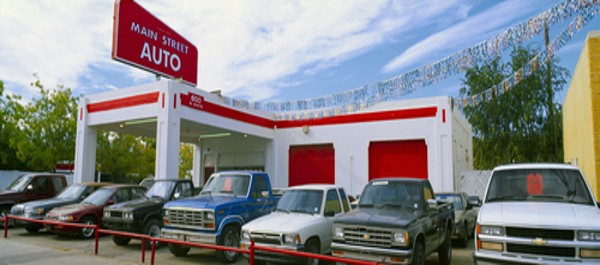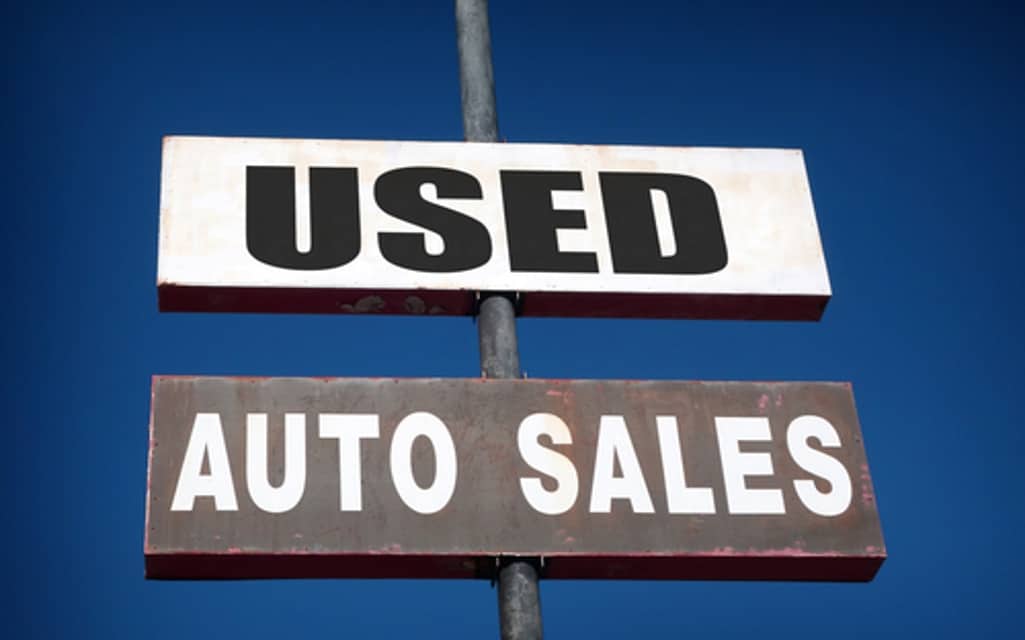When thinking of buying your own car, you would naturally want to buy a brand-new vehicle. However, it’s actually sometimes more prudent to buy a used car, especially if you’re a first-time driver or car owner. Moreover, buying a second-hand car means that the cost of depreciation over the first few years had already been covered by the original owner, and you may be able to get your dream car at less the cost.
Buying a second-hand vehicle may have its cons, though. For one, you cannot expect that a used car will be in perfect condition, as what you expect from a brand-new car. You have to consider the brand’s standards, the car’s mileage, and the previous owner’s usage, and maintenance of the car.
What are the tips you can consider before buying a used vehicle?
Check the mileage
Check the mileage of the car you want to buy. The higher mileage naturally means that it has been used more and will therefore probably need more new parts in the future.
At the 60,000–70,000 km mark, car parts will start deteriorating. Some common parts that may need replacing are the fuel filters and brake pads. These parts are cheap. However, a car that has quite a high mileage may require more expensive parts such as a new A/C compressor or radiator. A car that already has high mileage may likewise need a transmission overhaul.
Don’t hesitate to ask for a schedule of the car’s regular maintenance, so that you know how well the used car has been cared for.
Have enough funds
Set aside money for two things: a certain amount for the purchase of the car and a different amount to repair and improve it. Car experts suggest that you set aside at least ⅕ of the car’s purchase price as your budget for repairs. This is part of managing your expectations about the used car you’re buying. If you don’t set aside money for repairs or as your contingency fund, you will be stressed every time you need to purchase a new part or bring your car in for repairs.

Get to know your car
Before buying, do thorough research on the car you’re planning on purchasing – visit website and learn as much as you can on the car you want. Read reviews online. Get notes and tips from your friends and acquaintances who own the same brand and model. How many years have they been using their car? Are they happy with it? Do they own other cars? If so, how does this particular model compare with their other cars? Will they recommend this car to you?
As part of your research, visit used-car dealerships as well. Search online and get the costs of parts of the car you want to buy. Assemble a list of shops in your area that sell the car parts you may eventually need. Get as much information about maintaining your second-hand car before you even make your final decision.
Inspect your car
Conduct a complete inspection of the used car. Make sure you do so during daytime so that you can clearly see details such as the paint of the car as well as the condition of the engine and the other car parts. Check for signs if the car has been in a collision or any other accident. Thoroughly inspect the interiors of the car.
When you visit the car for inspection, bring a friend who is an expert on cars and can guide you on what to look out for as you do your inspection.
Get to know the car owner
Study the disposition of the car owner. Is the person overzealous to close the sale with you? Does he answer questions honestly and thoroughly? Does he willingly provide you with all the information you need? Don’t be afraid to ask direct questions, such as whether the car has been in an accident or has been damaged in a flood or any other natural disaster. Get the car’s history, and make sure his answers are consistent every time.
By following these five main tips, you will hopefully be making a prudent choice when you finally pick the pre-loved car you will buy.



